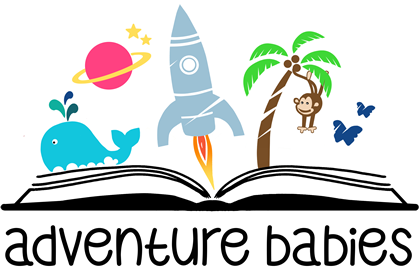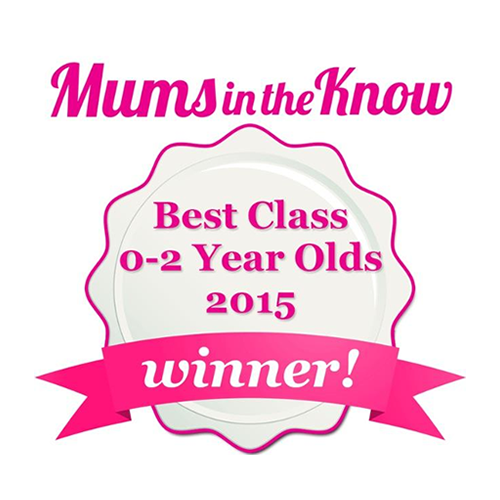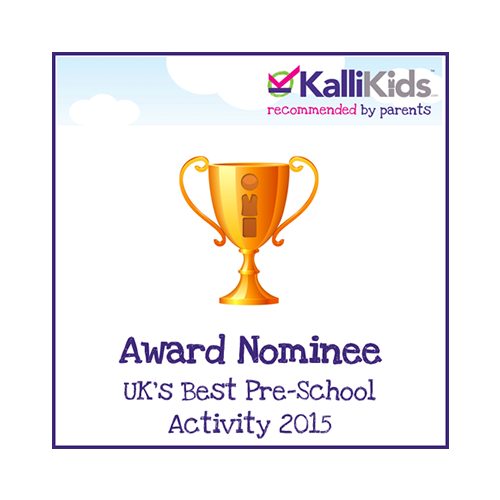As a new parent, you want to ensure that your baby gets the best possible start in life, and that includes looking after their teeth! You might have thought when does a baby need to visit the dentist? Although it may seem early, dental care starts sooner than most people realise. When Does A Baby […]
As new parents, you may be wondering if establishing a routine is necessary for your baby. The short answer is yes—babies thrive on routine. While every baby is different, introducing structure can help create a sense of security and predictability in your baby’s world. But how does routine help, and when should you start? Let’s […]
Reading to toddlers can be a magical experience, but it can also be challenging if your little one has an abundance of energy. How to help my toddler enjoy books is a common question, you’re not alone! Many parents face this hurdle, and the good news is there are plenty of ways to foster a […]
As a new parent, you may wonder, “How do I play with my baby?” It can feel a little overwhelming at first, but the good news is that playing with your baby is simple, and it’s one of the best ways to bond, nurture development, and have fun together! In this blog post, we’ll explore […]
As a new parent, you might wonder when the right time is to introduce books into your baby’s life. You’ve probably heard about the importance of reading to children, but how early should you start? The answer might surprise you—it’s never too early to start reading to your baby, even from day one! Let’s explore […]
As a new parent, one of the most challenging aspects of caring for your baby is their crying. It’s hard not to feel anxious or wonder if something might be wrong. Rest assured, crying is your baby’s main way of communicating. Whether they’re hungry, tired, uncomfortable, or just need a cuddle, crying is perfectly normal. […]
Becoming a new parent is a whirlwind of emotions. You’re constantly trying to interpret your baby’s needs, looking for clues that let you know if they’re content, hungry, sleepy, or just in need of a cuddle. One question many parents ask is, “How do I know if my baby is happy?” While your little one […]
As a new parent, you’re likely always on the lookout for the best ways to support your baby’s growth and development. One option that many parents explore is baby classes. But are they really beneficial? Let’s dive into why baby classes, especially Adventure Babies Sensory Storytelling classes, can be a fantastic way to encourage your […]
Teething can be a challenging time for both babies and parents. If your baby is between 3 to 6 months old, they might start showing signs of teething. Understanding the symptoms and ways to soothe your little one is crucial during this stage. You might be wondering ‘How can I help my baby with teething’ […]






